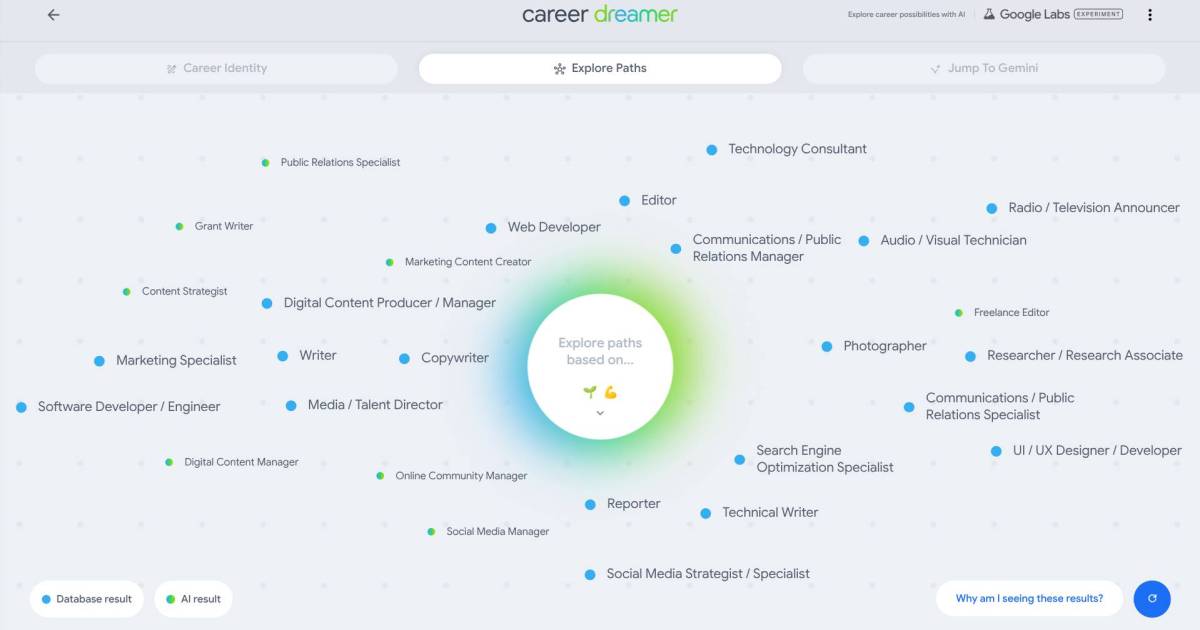Google has reinstated a tracking method known as fingerprinting across various devices, including smartphones, smart TVs, and gaming consoles, despite previously criticizing the practice. This move, reported by the BBC, has sparked concerns among privacy advocates. Google claims the technology was implemented on February 16, 2024, and is widely used by other companies.
This renewed tracking method collects data about device hardware and software, allowing for the unique identification of users and devices. Critics argue this practice infringes on user privacy, especially as fingerprinting is difficult for users to prevent. Mozilla’s Martin Thomson, quoted by BBC News, expressed concerns about Google granting itself and the advertising industry permission to utilize this tracking method.
Google defends its decision, stating the “privacy-enhancing technologies” enable partners to thrive on emerging platforms without compromising user privacy. The company argues that traditional data collection methods are difficult to utilize on devices like consoles and TVs due to user control over cookie consent. The feature was initially announced in December with minimal reaction, but is now facing significant criticism.
What exactly is fingerprinting? This tracking technique compiles information about a user’s browser and device to create a unique profile. This data, including screen size and language settings, is used to target specific advertisements. Combining this information with other data points such as battery level, time zone, and browser type allows for more accurate user identification.
Fingerprinting raises significant privacy concerns, as it can track users across multiple devices and platforms, even when traditional tracking methods like cookies are blocked. This ability to create a comprehensive user profile based on device characteristics makes it challenging for individuals to maintain their online privacy.
The debate surrounding fingerprinting centers on the balance between personalized advertising and user privacy. While Google argues its approach balances both, critics contend it prioritizes targeted advertising over user control and transparency. The long-term impact of this renewed tracking method on user privacy and the digital advertising landscape remains to be seen.
The controversy surrounding Google’s implementation of fingerprinting highlights the ongoing tension between data collection for advertising purposes and user privacy. As technology continues to evolve, finding a sustainable balance between these two competing interests remains a crucial challenge for the tech industry.











